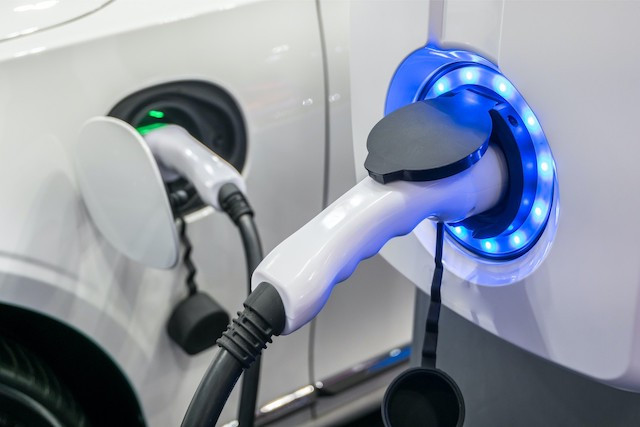In its recent report on the subject, the European Court of Auditors states that the EU is still far from its objective to reach one million charging stations by 2025, set out in the Green Deal. In addition, the European Court of Auditors notes that the EU has not developed a comprehensive strategic roadmap for electromobility.
Specifically, the Court estimates that with an average range of 380km, electric vehicles need to be recharged more frequently. Electric vehicles accounted for 10.5% of new registrations in 2020. In other words, one in ten passenger cars sold in the EU last year was a plug-in electric vehicle. Carmakers expect electric vehicle production in Europe to increase sixfold between 2019 and 2025, with more than 4m cars and vans produced annually, or more than one-fifth of EU car production volumes.
As a result, the market share of electric vehicles and plug-in hybrids has grown significantly, but charging networks have not grown as fast. “Electromobility requires sufficient charging infrastructure. But in order to build such infrastructure, we need more certainty about the dynamics of electric vehicle adoption,” said Ladislav Balko, the Court member responsible for the report on electric charging infrastructure. “Last year, one in ten cars sold in the EU was a plug-in electric vehicle, but charging infrastructure is unevenly distributed across Europe. We believe that the Commission should give more support to the development of the grid at European level and should ensure that EU funding reaches where it is most needed.”
A need for 3,000 terminals per week
In its 2017 action plan, the European Commission had estimated that the number of charging points open to the public should increase from 118,000 at the time to 440,000 in 2020, and then 2m in 2025--an ambition revised downwards in 2019 with a target of only 1m charging points in 2025, but 3m in 2030.
“There is still a great deal of uncertainty about these estimates and the measures to be taken to achieve the targets set. The EU lacks an overall strategic roadmap for electromobility and an integrated policy on vehicles, infrastructure, networks, batteries, economic incentives, raw materials and digital services,” the Court of Auditors says in its latest publication.
Currently, the EU is quite far from its targets, which seem increasingly difficult to achieve. The number of charging stations open to the public in the EU-27 and the UK has risen from around 34,000 in 2014 to 250,000 in September 2020. This is far below the target of 440,000 charging stations. Even if European countries wake up to the issue, nearly 3,000 charging stations per week would need to be installed in Europe to reach the initial target.
“If infrastructure deployment continues at the 2014-2020 pace, it's a safe bet that the goal of one million charging points open to the public by 2025 will not be met. To close the gap, about 150,000 new points will be needed each year, or about 3,000 per week,” the Court of Auditors said.
Inconsistencies in Luxembourg
Another problem is the uniform deployment of charging stations. Completion rates for the various member countries in September 2020 vary from 7% (Bulgaria) and 12% (Poland) to over 200% (Lithuania, Latvia and the Netherlands). In total, three months before the December 2020 deadline, 12 member states had reached their targets and eight had not reached 75% of theirs.
According to the European Court of Auditors, Luxembourg is not among the best European students. Even more worrying, the report points to inconsistencies for Denmark, Luxembourg and Poland, whose reports on the implementation of the national action frameworks for 2018 show a higher number of top-up points than those identified by the EAFO in September 2020.
The Luxembourg government had planned to install 800 charging stations in the country by 2021. Last May, 345 charging stations were in operation. Currently, there are about 500 in the country. Earlier this year, the first two SuperChargy charging stations were inaugurated in Kirchberg. The deployment of 88 such stations is planned by 2023.
This confirms the recent statements by Jean-Claude Juchem, director of the Automobile Club Luxembourg, on the lack of infrastructure to support the development of electrified vehicles.
This story was first published in French on Paperjam and has been translated and edited for Delano.
